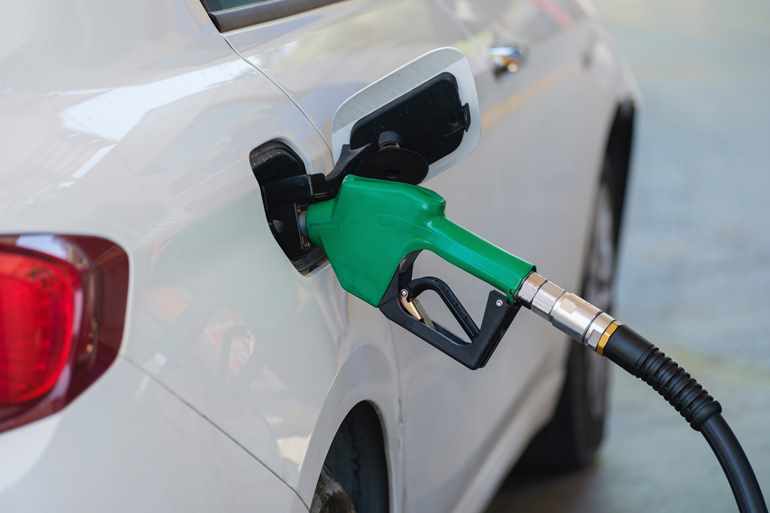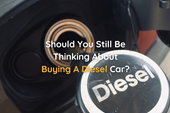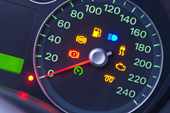
The pros and cons of petrol and diesel engines?
Petrol Or Diesel? Can't Decide? Here's The Pros and Cons Of Both...
In recent years, more and more people have become conscious of their daily impact on the environment. With that in mind, it's no surprise that many are now wondering which fuel is better for the environment: petrol or diesel? It's a common belief that diesel is better for the environment than petrol. But is this true? Let's take a closer look at the facts.
COMBINED ALLOY WHEEL & TYRE INSURANCE QUOTE
Petrol vs. Diesel
The main difference between petrol and diesel lies in their chemical composition. Diesel contains a greater proportion of carbon molecules. Burning either type of fuel releases greenhouse gases into the air, so whichever you choose will have an environmental impact.
Petrol engines work differently than diesel engines in that they rely on a spark to ignite the fuel at lower compression. This differs from diesel engines, which use higher compression ratios and a wider expansion ratio, making them much more efficient. In a diesel engine, the air is compressed within a small combustion space to such an extent that it becomes hot enough to ignite the diesel as soon as it is injected. Unlike petrol engines, this means there is no need for an external spark. The intense pressure of the compressed air helps burn more fuel, resulting in greater efficiency and power than can be achieved with petrol engines.
When it comes to energy, petrol contains about 34.6 megajoules per litre (MJ/l), while diesel contains about 38.6 megajoules per litre, putting it slightly higher.
"Diesel engines typically consume fifteen to twenty per cent less fuel than petrol ones, meaning that motorists get up to twenty-five per cent more range out of a single tank."
Petrol Pros and Cons
The petrol engine is the most common type of engine found in cars today. Petrol engines have some advantages over other types of engines and they are less expensive to build and maintain.
The main advantage of petrol is that it emits fewer nitrogen oxides (NOx) than diesel vehicles. Petrol engines also tend to last longer than diesel engines, making them a good choice for long-term investment.
On the downside, petrol engines are less efficient than diesel engines and require more frequent refuelling, and this can add up over time and make petrol vehicles costlier to run than diesel vehicles. Additionally, petrol cars tend to be heavier than their diesel counterparts, meaning they use more fuel per mile.
GET AN ALLOY WHEEL & TYRE INSURANCE QUOTE
Diesel Pros and Cons
Diesel engines are far more efficient than petrol engines; they get better mileage per gallon of fuel and require fewer stops at the pump. Diesel engines typically consume fifteen to twenty per cent less fuel than petrol ones, meaning that motorists get up to twenty-five per cent more range out of a single tank.
As an added bonus, diesel cars generally last longer than petrol cars; often up to two times as long. That makes them an attractive option if you're looking for a vehicle with longevity.
If you're looking for an eco-friendly car, diesel engines should be high on your list. Not only do they use their fuel more efficiently than petrol engines, but they also produce fewer carbon dioxide emissions. Compared to 449g/km for a typical petrol engine, the average diesel engine produces just 134g/km; a considerable difference of 315g/km.
However, this doesn't tell the whole story; diesel engines produce higher levels of NOx, which can harm human health when breathed in at high levels over long periods. NOx is also linked to acid rain, smog formation, and ozone depletion.
It's not all bad news, though - modern diesel engines are much cleaner than they used to be, thanks to improved emission control systems that reduce NOx emissions by up to 90%. This means that if you opt for a newer model vehicle with a clean diesel engine, then you can still enjoy the benefits of increased fuel efficiency without sacrificing your environmental conscience.
SCRATCH & DENT INSURANCE QUOTES FROM £299
So which one is better for the environment?
Besides emissions from burning fuel, other factors need to be considered when looking at a car's environmental impact. For example, the production process for both types of fuels can negatively affect the environment due to their reliance on finite resources like oil and gas.</p>
However, based on current data, diesel vehicles produce fewer CO2 emissions than petrol vehicles when operated correctly. However, they may release higher levels of NOx in certain conditions, and offer greater potential efficiency gains over time through better maintenance practices.
The good news is that technological advances have decreased most modern cars' emission output significantly over time, regardless of engine type. Whatever you decide will likely be an upgrade from what was available even just ten years ago! Ultimately, responsible driving habits remain key in reducing your car's environmental impact, no matter what type of fuel you choose.












